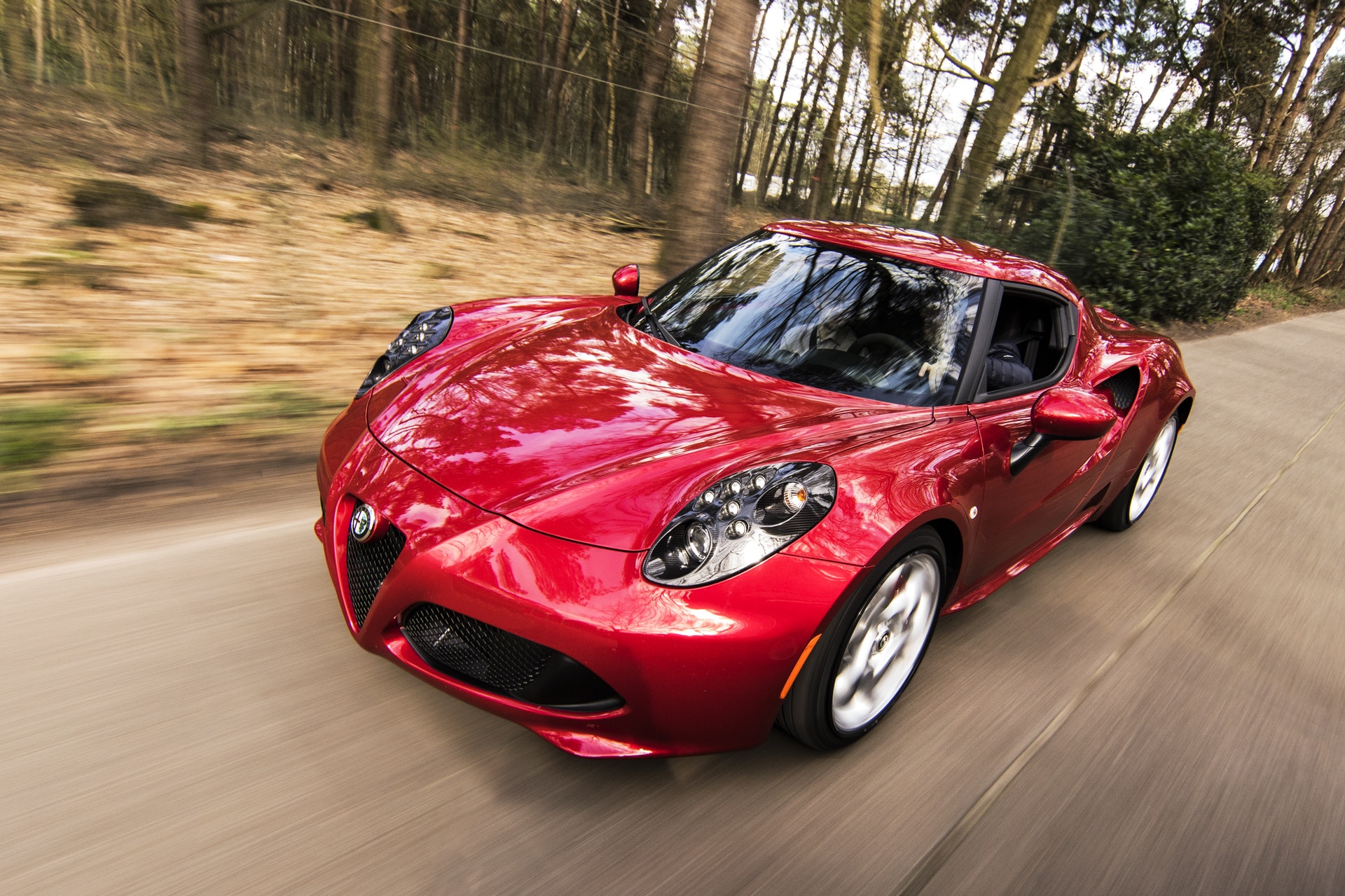One of the many lasting effects of the Covid pandemic in the UK is a worrying backlog in the number of untaken practical driving tests. Although theory tests can be completed remotely, the vital on-road exam obviously needs to be done accompanied by a test examiner. For a number of reasons linked to the pandemic, finding one of these is more difficult than it has ever been, with the result that some learner drivers are having to wait up to ten months before they can sit their test. As a successful theory test is only valid for two years, this is a worrying situation for thousands of learners.
Shortage of Examiners
A large part of the reason for this situation, of course, was the restriction regime put in place during the first Covid lockdown. Also, a “holiday” was introduced for MOT tests, the government banned practical driving tests with a view to cutting human contact as much as possible. This ban lasted for four months and was the first of many factors which began to accumulate and add to non-tested or failed learners.
After the ban was lifted, drivers who hadn’t been behind the wheel for months were often “rusty,” with the result that the failure rate rose dramatically. This in turn meant that it was another four months before tests could be retaken, as both instructors and examiners faced huge demands on their time.
Once the economy began to reopen, many of these stressed examiners decided to look for a new career. With a shortage in goods vehicle delivery drivers, wages in this sector began to rise sharply, with the result that driving experts took their HGV tests and stepped straight into better-paid work. As long as this situation persists, it is unlikely these drivers will return to their previous profession; with the result that there is a shortage of around 300 test examiners in the UK in 2022.
Increased Number of Fails
To make this shortage test passes even worse, it has emerged that newly recruited examiners are failing drivers for increasingly trivial reasons. Whereas the MOT test is set in stone, with very clear reasons for passing and failing at all levels, it seems that passing or failing the practical driving test relies much more on the examiners’ discretion. This in conjunction with new hygiene rules introduced by the DVSA, in another effort to try to slow down the spread of Covid 19. It seems that some test centers are enforcing these rules without any effort to apply common sense.
The DVSA directive is that anyone wanting to take their practical test must ensure the inside of the car (whether that’s their own or their instructors) is “clear and clean” before the examiner will enter the vehicle. This has led to cases of learner drivers being failed without getting behind the wheel. Cases are on record of examiners failing applicants because of blades of grass on foot pedals, traces of mud in the footwell, and other minor items which would be common in any car unless it came straight from the factory.
While the effort to curb the coronavirus is logical and admirable, there is surely no evidence of anyone catching it from a strand of hair on a car seat. Unfortunately, it seems that some examiners and their test centers disagree. Understandably, this has left a number of test applicants extremely upset; especially as there is no way to reclaim the £62 cost of a practical test.
Ongoing Problem
This shortage in the number of test passes is an ongoing problem that is certain to have an impact on many people’s lives. With the pandemic meaning that commuters are less willing to use public transport now than at almost any time in the past, the motoring network will be vital in getting people back to work, and life in general back to some level of normality. With the increase in popularity of electric cars, this is indeed something that the government would welcome (especially if those cars and/or their batteries are manufactured here in the UK).
While the issues of recruiting test examiners are certainly one way to address the problem, this will inevitably mean making the profession more attractive; i.e. financially worthwhile. Meanwhile, it is to be hoped that those examiners still employed are encouraged to take a more sensible view of hygiene regulations. Then, in conjunction with ever-reliable companies like checkmot.com, drivers can get back on the road where they belong.







